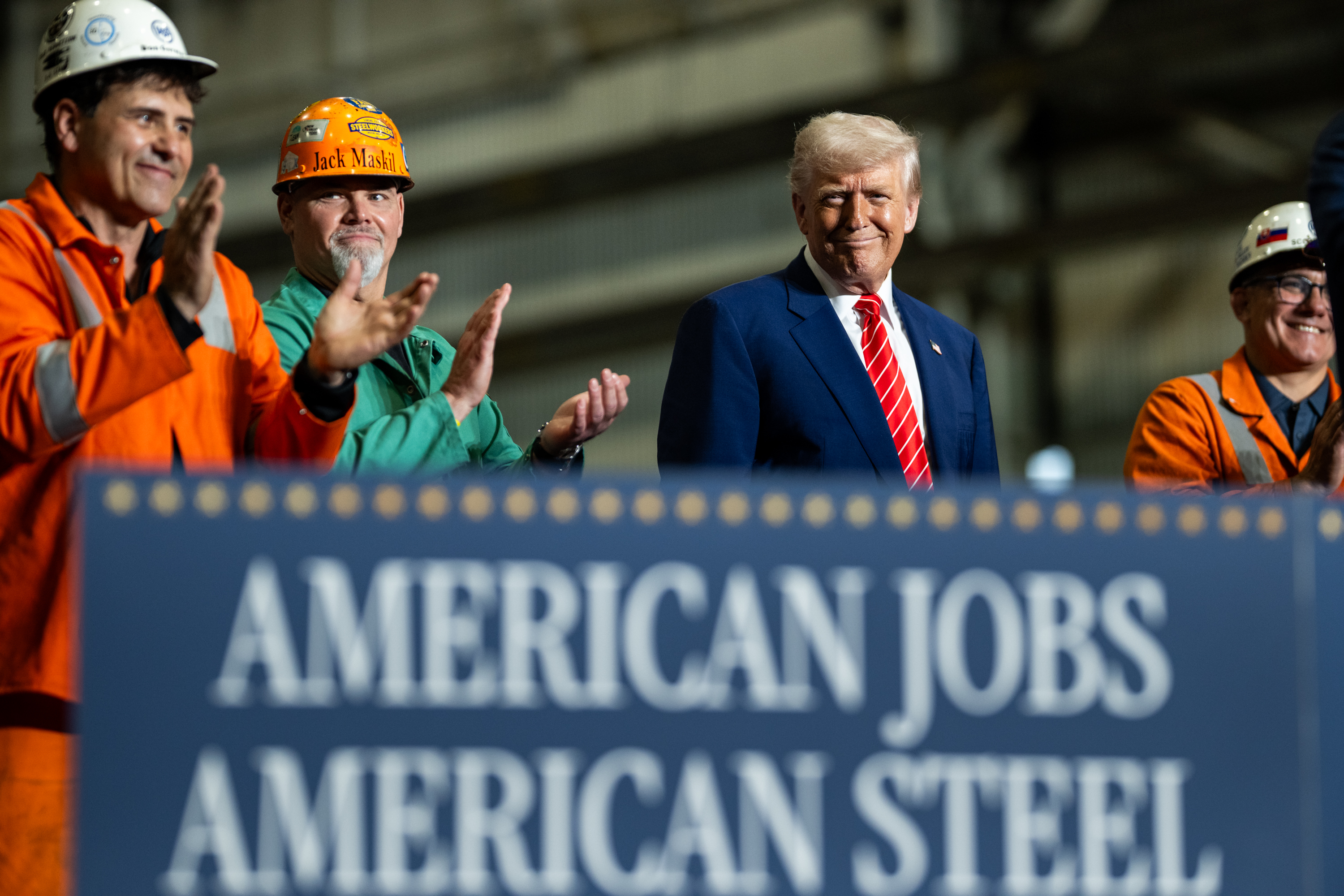- Joined
- Dec 4, 2018
- Messages
- 46,299
- Reaction score
- 59,358
- Location
- AL
- Gender
- Male
- Political Leaning
- Other
Well, with the exception of the US Treasury, it helps no one!
Seriously, aluminum is in so much of what we use, from cars to drinks to toys to building components.
And remember the big deal about Tesla being mostly American made, so tariffs are less of an effect for them? Many of their vehicles have aluminum frames!
So tell me, who does it help when US companies and consumers have to pay around $4200/ton while Japanese and European ones pay ~$2600?
Seriously, aluminum is in so much of what we use, from cars to drinks to toys to building components.
And remember the big deal about Tesla being mostly American made, so tariffs are less of an effect for them? Many of their vehicles have aluminum frames!
So tell me, who does it help when US companies and consumers have to pay around $4200/ton while Japanese and European ones pay ~$2600?


